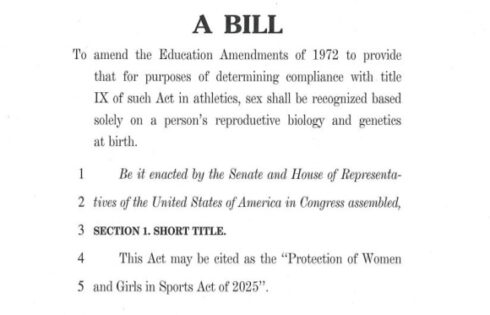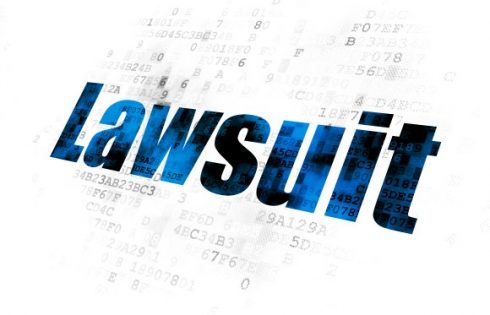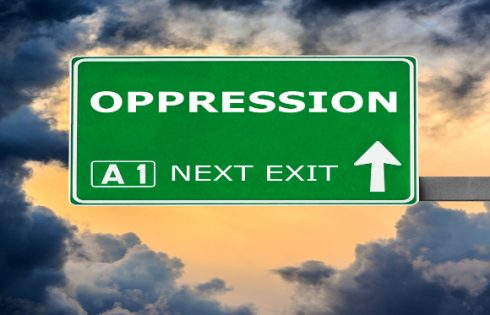Four Loko, one of the newest fads in alcoholic energy drinks, started to spread around college campuses nationwide this spring and has since garnered negative attention from media outlets and medical professionals alike.
Four Loko is a 23.5 oz energy drink that contains 12 percent alcohol, is sold for less than three dollars and comes in 10 different fruity flavors such as blue raspberry and fruit punch. One can of the Four Loko beverage is the same as drinking three beers, a can of Red Bull and a large espresso.
Dorothy Gager, a mental health clinician and alcohol and drug counselor at the Vanderbilt Student Health Center, said that drinks like Four Loko that combine alcohol and caffeine pose additional health risks to consumers because the caffeine masks the effects of alcohol.
“The body has a number of ways of indicating that it is time to stop drinking — slurred speech, impaired coordination, dizziness, nausea and vomiting, with passing out being the final attempt to stop the ingestion of alcohol,” Gager said. “The stimulants mask all these symptoms, so the person doesn’t ‘feel’ drunk.”
According to Gager, although the feeling of drunkenness may not be experienced, each drink still raises the blood alcohol level. This process can continue until the central nervous system depressant effect of the alcohol is stronger than the stimulants, resulting in a very sudden crash.
“One minute the person looks and feels fine, the next minute they have passed out, gotten sick or begun to have difficulty breathing because the central nervous system is shutting down,” Gager said.
The danger that comes with mixing alcohol and caffeine has also been shown in recent research studies. A 2006 study conducted by Wake Forest University found that 28 percent of college students mix caffeine with alcohol at least once a month, and that these college drinkers are more likely to hurt themselves. The University of Florida also conducted a study in 2009 on the effects of mixing alcohol and caffeine, concluding that college-age drinkers were four times more likely to drink and drive after consuming a mix of alcohol and caffeine than if they just drank alcohol.
Joslin Woods is a staff writer for the Vanderbilt Hustler. She is a contributor to the Student Free Press Association.
Like The College Fix on Facebook / Follow us on Twitter





Please join the conversation about our stories on Facebook, Twitter, Instagram, Reddit, MeWe, Rumble, Gab, Minds and Gettr.